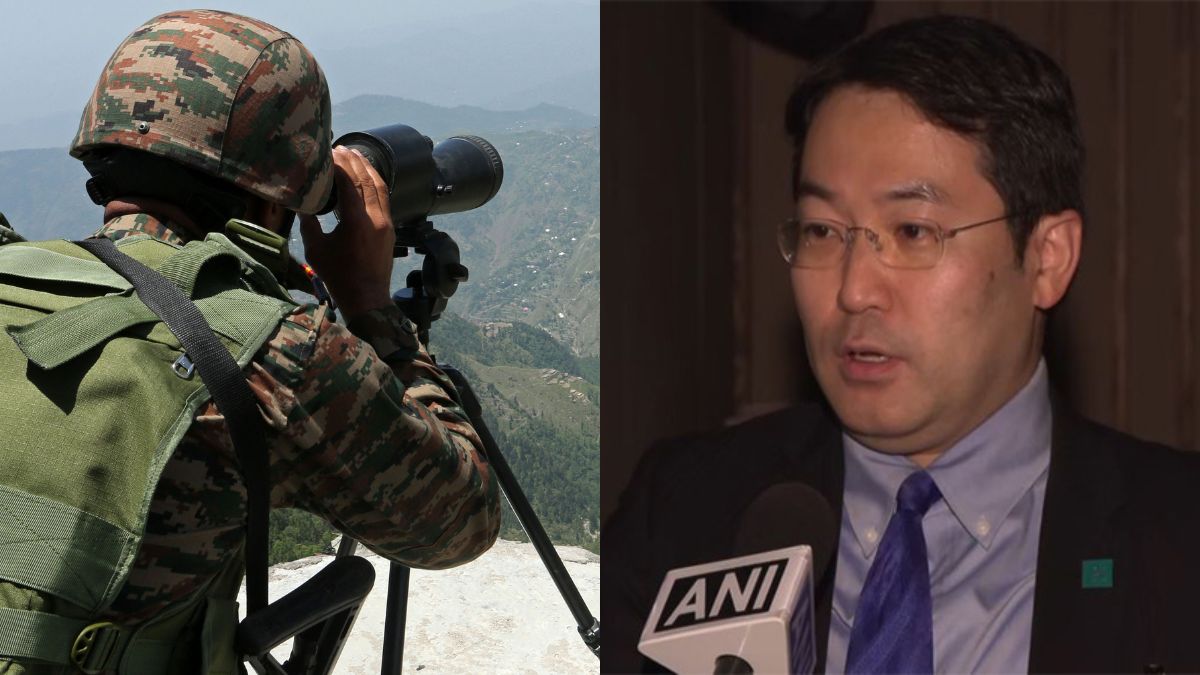Operation Sindoor: Japanese expert backs India's bold stance on terrorism

Japanese strategic expert Satoru Nagao, a Fellow (Non-resident) at the Hudson Institute in Washington, has praised India's Operation Sindoor for its measured response against terrorist elements in Pakistan, according to an ANI report.
Noting that Islamabad had a long history of terrorist affiliations, Nagao stated that supporting terrorism was essentially “suicide”, because terror elements are unpredictable and cannot always be controlled by law.
Nagao, whose primary area of research is US-Japan-India security cooperation, stated that India has continued to suffer from the terrorism that Pakistan fomented, from time to time, remarking that the Pahalgam attack of April 22, which saw 26 civilians killed, was “terrible”.
ALSO READ | PM Modi says Pakistan will face complete economic collapse if it continues exporting terrorism
His comments on the India-Pakistan tensions also follow the dispatch of delegations from New Delhi to various corners of the world, including Japan, in a bid to put forward the truth about the terrorism that India has been taking head-on, over the past few weeks.
Nagao noted that just because India was strong enough to defend itself, did not mean that it needed to be provoked by terrorist elements in Pakistan.
He also added that Japan, along with the rest of the world, was slowly coming to realise how much of a hindrance Pakistani-sponsored terrorism was, to India, and appreciated India's restraint in its choice of only responding (and never initiating) to attacks on Indian soil, as well as its choice of terrorist targets (while avoiding civilians).
In that regard, he lauded the clinical efficiency of Operation Sindoor, which saw more than 70 terrorists killed across nine terror camps across Pakistan and Pakistan-occupied Jammu and Kashmir (PoJK), without a single civilian casualty.
ALSO READ | After 'Rafale downing proof on social media' claim, Pakistan's Khawaja Asif vows to prove BLA, TTP are Indian proxies
Although America has attempted to intervene between the two nuclear-armed nations, its attempts at a ceasefire fell through. Nagao seeks to reframe this issue, observing that world leaders were making a mistake calling India-Pakistan tensions a “regional issue”, instead of a “world affair”, because using the latter term for it would help the issue garner global attention and support.
This, in turn, would lead to various international organisations enforcing stronger sanctions on nations, like Pakistan, that harboured terrorism.
World